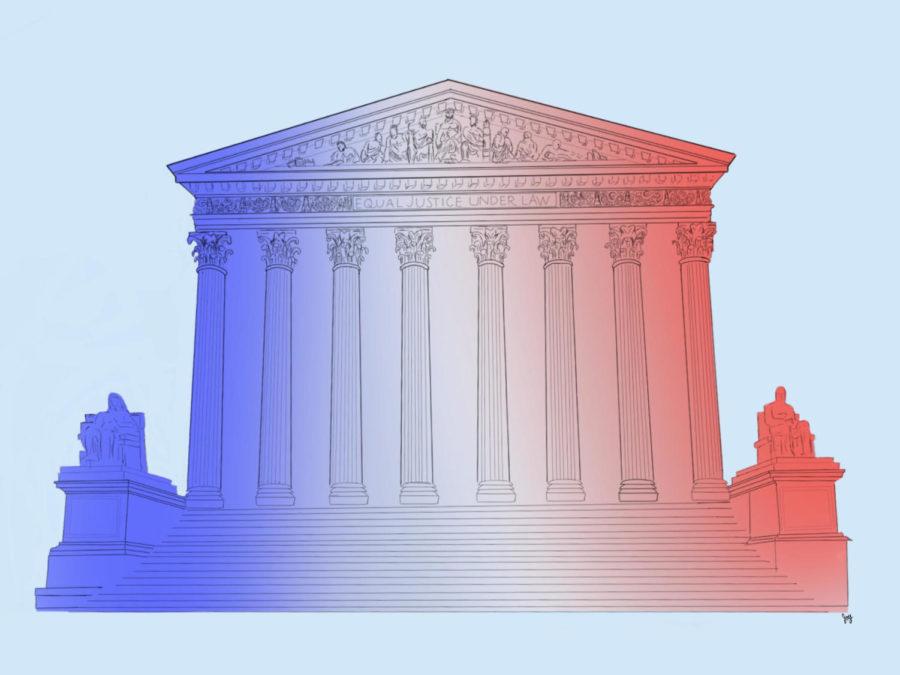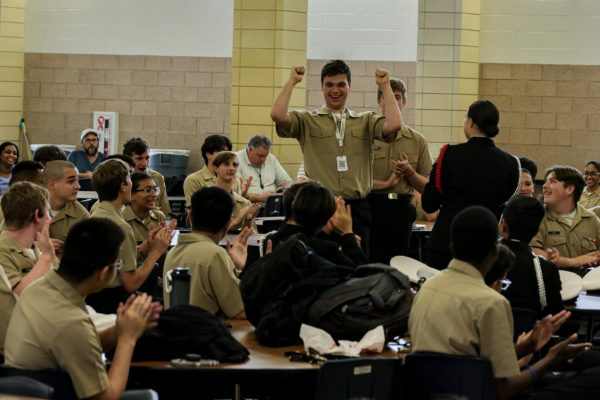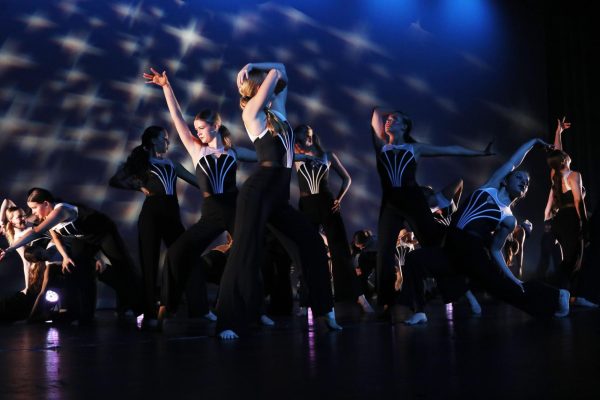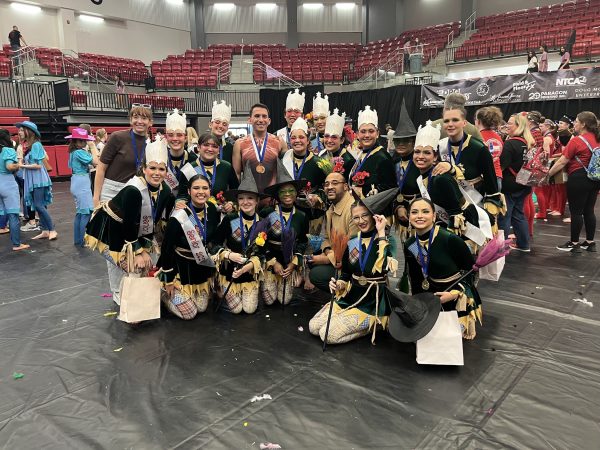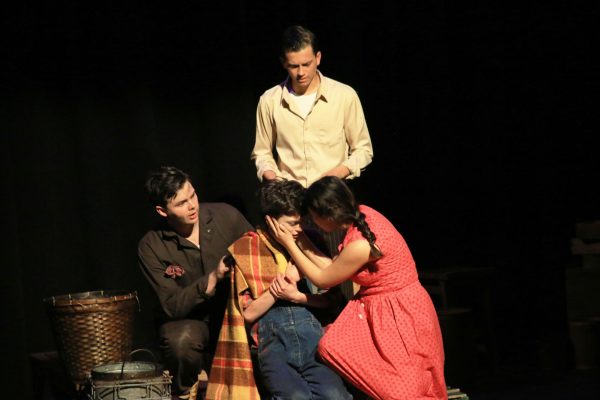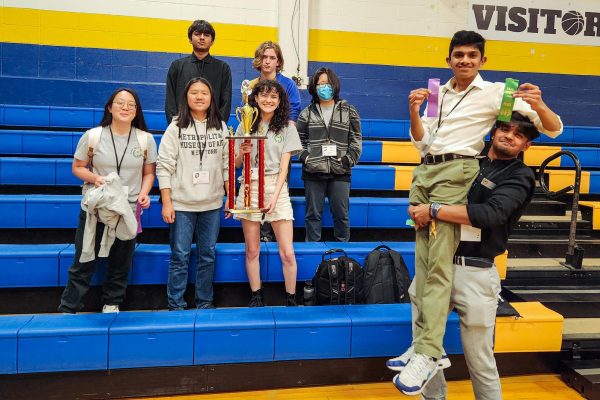Upcoming SCOTUS cases
Supreme Court begins session with a series of frequently debated cases
The Supreme Court began its new nine-month session on Oct. 4, returning to their chamber in-person for the first time in 19 months. In the midst of record-low approval ratings from the American public, the Court will address a series of cases which could have wide-reaching impacts on the nation, as well as Hebron students and faculty.
Abortion:
The Texas Heartbeat Act Senate Bill 8 went into effect Sept. 1 and bans all abortions after a “fetal heartbeat” is detected, including in cases of rape or incest. The bill also stipulates that private individuals hold the right to sue anyone aiding or abetting these illegal abortions, and recieve $10,000 in cash rewards if their lawsuit is successful. Although the bill violates prior precedents which grant women the right to get an abortion up to 24 weeks, the Supreme Court, in a 5-4 decision on Sept. 1, decided against blocking the bill from going into effect. The decision did allow for future challenges to the bill, meaning the case is likely to return to the Supreme Court — although it could be months later.
In the meantime, the Court is slated to once again hear a case on abortion, this time surrounding Mississippi’s Gestational Age Act passed in 2018 which bans all abortions after 15 weeks, except in cases of medical emergencies. The Jackson Women’s Health Organization is asking the Court to overturn the law, citing the contradiction to Roe v. Wade and Casey v. Planned Parenthood, which allow abortions up to 24 weeks. The State of Mississippi, on the other hand, is asking the Court to uphold the law and overturn Roe v. Wade in the process. In court filings, the state argued “the conclusion that abortion is a constitutional right has no basis in text, structure, history, or tradition.”
Gun Rights:
In the 2008 D.C. v. Heller case, the Supreme Court clarified that the Second Amendment does not just apply to militias, but also protects people’s right to have a gun in their home for self-defense. This landmark case was then followed by McDonald v. Chicago in 2010 which built upon D.C. v. Heller by ruling the Second Amendment also applies to states and local governments, a process known as selective incorporation. However, in spite of these two consequential cases, the Court has largely avoided tackling further gun rights cases and left aspects like gun ownership outside of the home to the states.
The Court is currently slated to hear arguments for New York State Rifle & Pistol Association v. Bruen, a challenge to New York’s restriction on residents carrying guns in public without special licenses. This case could lead to the clarification of how much states can restrict gun ownership and ultimately establish a precedent which undermines firearm regulations nationwide if the Court rules against the gun restriction. According to New York state Attorney General Letita James, the ruling would “jeopardize the firearm restrictions that all states and the federal government have adopted to protect the public.”
Religious Rights:
Recently, the Supreme Court has expanded the scope of the Free Exercise Clause. For example, in the case of Espinoza v. Montana Department of Revenue in 2020, the Court ruled in a 5-4 decision that states cannot exclude religious schools from participating in programs which subsidize private education.
In Carson v. Makin, the Court will hear arguments in connection to this, this time for a Maine bill which provides rural areas without school districts vouchers to send their children to private schools, but prevents the money from going to religiously-affiliated schools. David and Amy Carson, who filed the lawsuit because they wanted to send their child to Bangor Christian School, claim the law violates the Free Exercise Clause of the First Amendment.
The Court will also hear Shurtleff v. City of Boston, in which a religious organization was denied access to temporarily display its “Christian Flag” on a city flagpole. According to city policy, any organization upon request and with city approval may fly their flag on one of the City Hall’s flagpoles for a period of time. The religious organization Camp Constitution claims the denial was discrimination, while the city cited the First Amendment’s Establishment Clause.
In Ramirez v. Collier, the court will tackle death row inmate John Ramirez’s desire to have his pastor pray aloud and be with him in the execution chamber while his sentence is carried out. The State of Texas denied this request because current state policy prohibits religious advisors from having access to inmates in their final moments. On Sept. 1, Ramirez filed an emergency appeal with the Supreme Court to postpone his execution and hear arguments in his case, and on Sept. 8, the court granted his stay of execution and will hear oral arguments Nov. 1.
In an increasingly divisive political climate, these cases could have a serious impact on the direction the nation takes by overturning policies and regulations states and local municipalities have enacted. It’s important that people stayed informed on these cases, as well as the numerous others the Court will hear in the coming months.
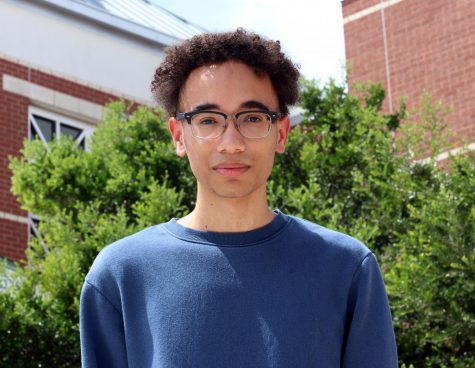
Senior Ian Wright is the opinion section editor and this is his second year on staff. He enjoys listening to music, traveling to new places, watching Netflix...



